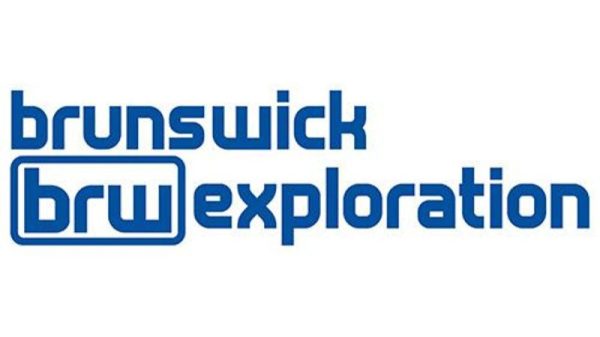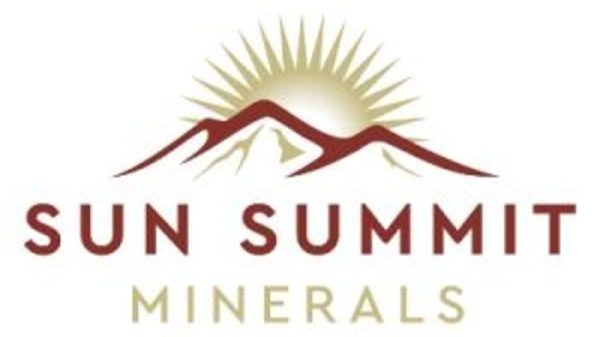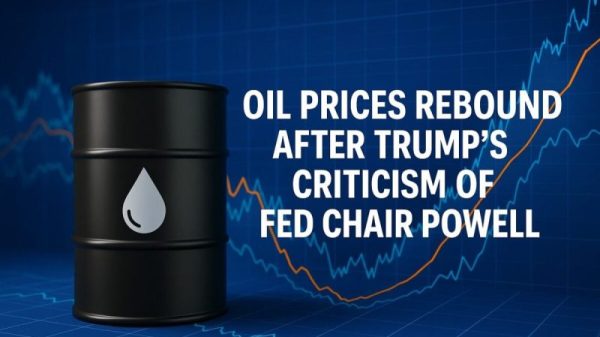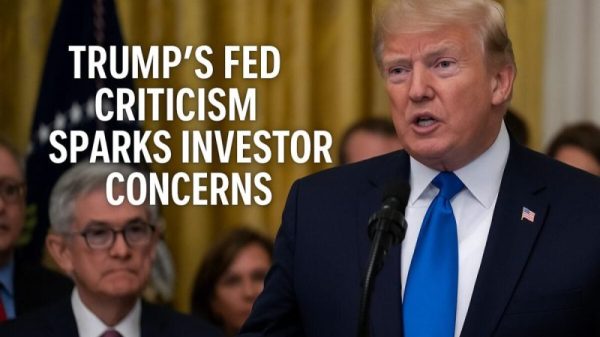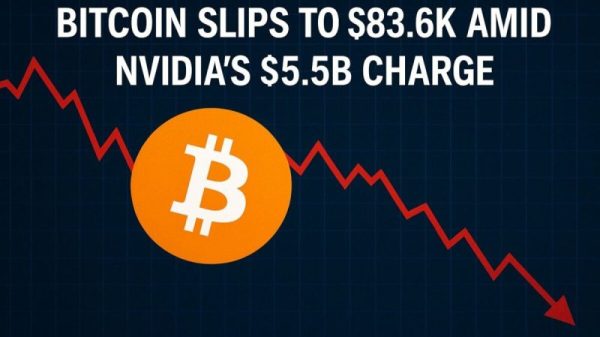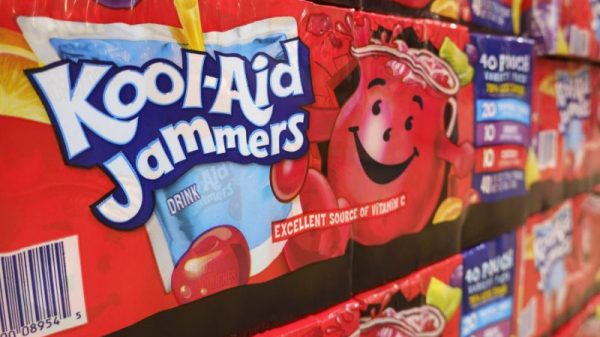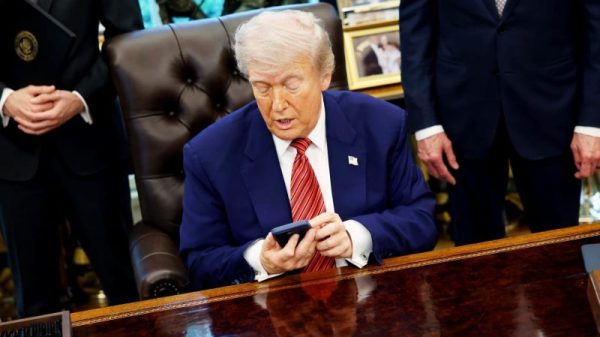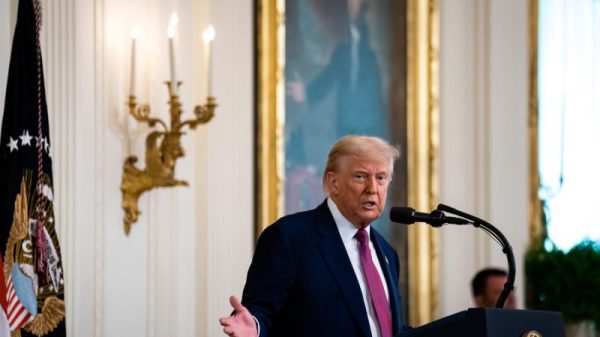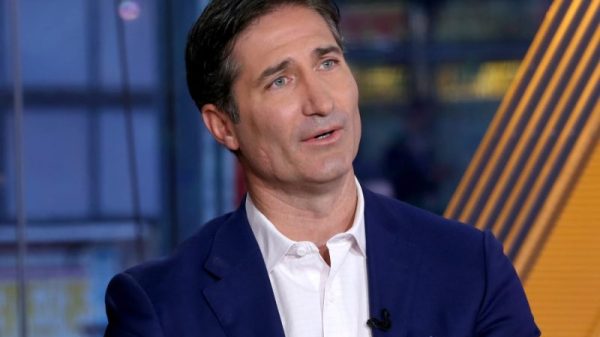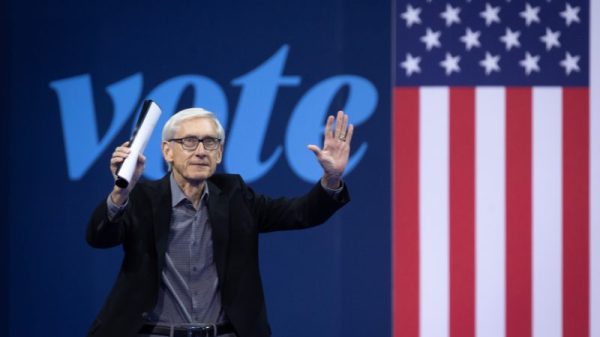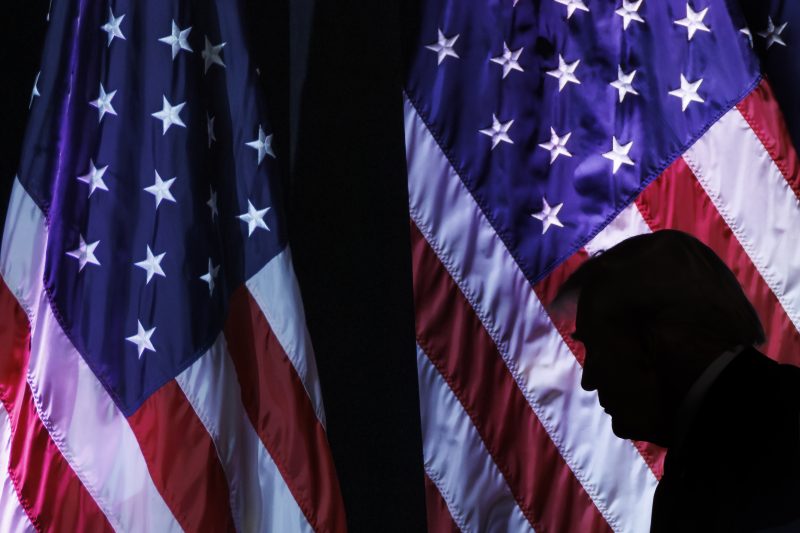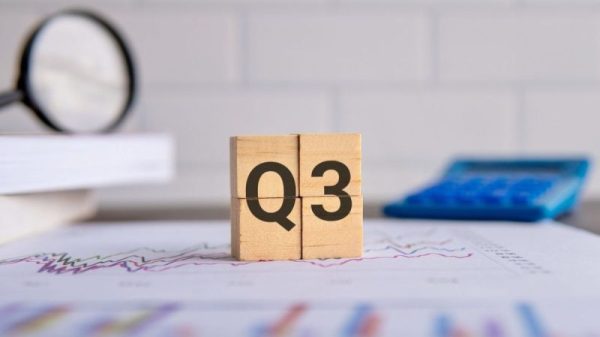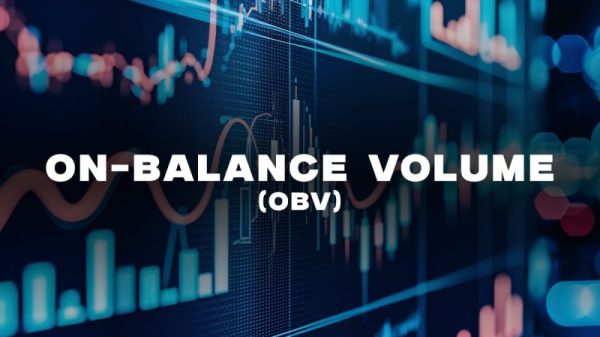“Kamala Harris is going to significantly raise taxes … Kamala’s plan will raise taxes by nearly $2,600 per year.”
— Narrator of new Trump campaign ad, released Oct. 2
Vice President Kamala Harris has pledged to not raise taxes on people making less than $400,000, about 98 percent of taxpayers, but a new Donald Trump campaign ad claims she would raise taxes on families by nearly $2,600 per year.
How is this possible? Only through sheer mendacity by the Trump campaign. We’re used to bad clip jobs and misleading citations, but this ad really takes the cake. Let’s go through the ad line by line.
“Kamala Harris is seeking to significantly raise taxes.” — New York Times, Aug. 22, 2024
This seems like a damning quote from a leading newspaper. So we looked up the article. Here the full paragraph, with the section in the ad in boldface.
“No one making less than $400,000 a year would see their taxes go up under the plan. Instead, Ms. Harris is seeking to significantly raise taxes on the wealthiest Americans and large corporations.”
In other words, the ad selectively snips out that Harris would raise taxes on the wealthy — not people making less than $400,000.
“Taxes are gonna have to go up.” — Kamala Harris
Here’s the candidate in her own words! But the Trump campaign has a bad reputation for selective video snipping and, sure enough, once again it lives up to that reputation. Harris was speaking at an event in 2019. Here’s the full statement by Harris, with the section in the ad in boldface.
“And also looking at estate taxes are going to have to go up for the richest Americans and closing certain corporate loopholes, including the carried interest deductible and a number of other things that are about people not reporting income and therefore not being taxed on it as income the way you and I are being taxed.”
In other words, Harris was talking about estate taxes going up, not all taxes. That’s a minuscule number of people, as the first $11 million ($22 million for couples) in an estate is exempt from taxation. The Tax Policy Center estimates that only 7,100 estate tax returns were filed in 2023 (0.25 percent of people who died), of which 4,000 (0.14 percent) will pay any estate tax.
“Kamala’s plan will raise taxes by nearly $2,600 per year.”
The on-screen text citation says: “Raise families’ taxes $2,580 — Tax Foundation, May 7, 2024.” Well, maybe that means something? The right-leaning Tax Foundation has a good reputation for its economic analyses.
But it turns out even this is invented. Tax Foundation officials initially were puzzled when we brought the ad to their attention. It had conducted an analysis of Harris’s tax plans in September, not May (which was before Harris became the Democratic nominee).
It turned out the Trump campaign is citing a Tax Foundation report on the impact of letting the entire 2017 tax cut expire as scheduled in 2027. “But that is not Harris’s policy,” said Erica York, senior economist and research director at the Tax Foundation.
A Trump spokesman justified the reference by noting that Harris, as a senator in 2017, voted against the tax bill and for saying in 2019, before she was elected vice president, it should be scrapped. That’s disingenuous, to put it mildly.
York’s analysis of Harris’s actual plan found that after-tax income would go up for the bottom 60 percent of taxpayers. There would be a modest decrease for people in the 60 percent to 80 percent range because of the distributional effect of proposed higher corporate tax rates. The top one percent would face the biggest decrease in after-tax income. The Tax Foundation, along with many other tax models, follows the lead of the Joint Committee on Taxation, the Congressional Budget Office and the Treasury Department and assumes corporations adjust to a higher tax by reducing investment returns or cutting workers’ wages.
The Penn Wharton budget model, also high quality, found that Harris’s plans would raise after-tax income for all Americans except the top 5 percent of taxpayers.
“Even higher taxes”
After an obligatory reference to inflation, the ad charges that Harris would make things worse with “even higher taxes.” The citation again is to the New York Times article that mentions Harris favors higher taxes on corporations. Then, once again, the ad reruns the bad clip job of Harris supposedly saying taxes need to go up.
The Pinocchio Test
Four years ago, when reviewing a Trump ad that made bogus charges on Biden’s tax plans, we noted that campaign “officials grab on to a partial statement or minor flub and assert that reveals an actual policy position — even if it is the opposite of what is well-documented in campaign policy papers and speeches. This tactic, frankly, is bush league behavior beneath the dignity of a presidential campaign.”
In 2024, the Trump campaign is up to the same tricks. Just about everything in this ad is twisted or false. We’re used to suspect clip jobs. But misleadingly citing a report from the Tax Foundation — one that had nothing to do with Harris’s tax plans — is a new low for a presidential campaign.
The Trump campaign earns Four Pinocchios.
Four Pinocchios
(About our rating scale)
Send us facts to check by filling out this form
Sign up for The Fact Checker weekly newsletter
The Fact Checker is a verified signatory to the International Fact-Checking Network code of principles

